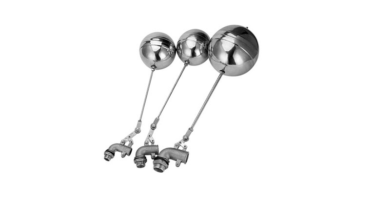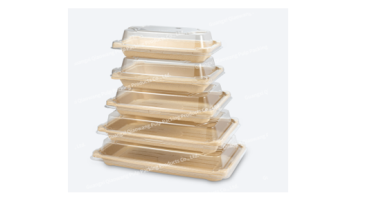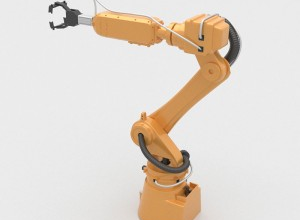The Ultimate Guide To Residential Air Source Heat Pumps

Residential air source heat pumps are becoming the most popular way to heat your house in cold winter months. However, with this convenience comes a downside – these units can be expensive. Thankfully, there are many resources available to help you understand how air source heat pumps work and how you can maximize their effectiveness for your home.
How Air Source Heat Pumps Work
Air source heat pumps are a great way to heat your home without using any fuel. They rely on the temperature difference between the outside air and the inside of your home to generate heat. Air source heat pumps are usually more expensive than other types of heating systems, but they can be a good option if you want to avoid using fuels or if you have limited space for a furnace.
To use an air source heat pump, you first need to determine what size unit you need. A small unit is about the size of a refrigerator and can be placed in a closet or under the stairs. A larger unit is about the size of a washer and dryer and can be placed in the basement or attic.
Once you’ve determined what size unit you need, you’ll need to decide which type of air source heat pump it is. There are two types of air source heat pumps: ground-source and water-source.
Ground-source heat pumps use heated ground instead of hot air to produce energy. They’re usually smaller units that are easier to install than water-source heat pumps, but they’re not as efficient because they require more energy to produce the same amount of warmth.
Water-source heat pumps use water as their primary heating medium. They’re usually bigger units that are more efficient than ground-source heat pumps, but they’re also more expensive because they require more energy to produce the same amount of warmth.
Conclusion
The household air source heat pump needs to be maintained in addition to being cleaned. If you’re interested in doing more research, go to POOLWORLD. Furthermore, if you want, you may buy one of good quality there!




